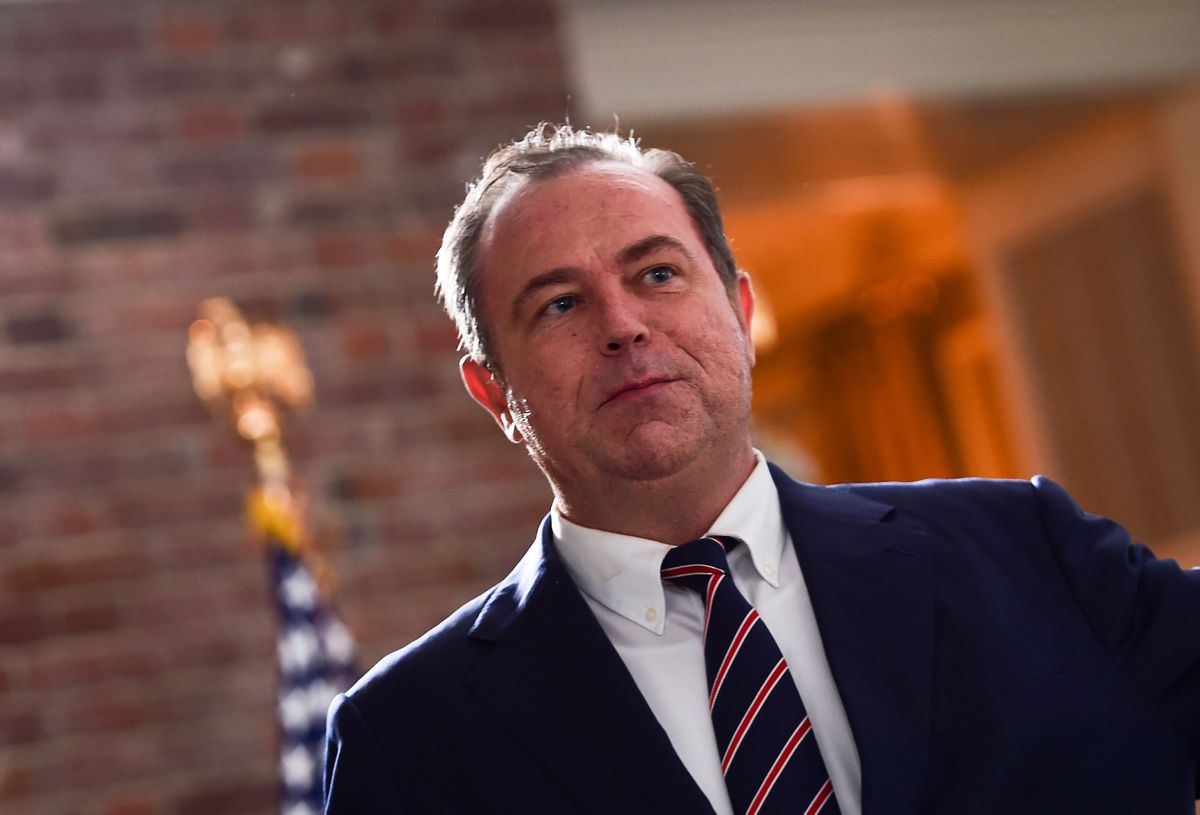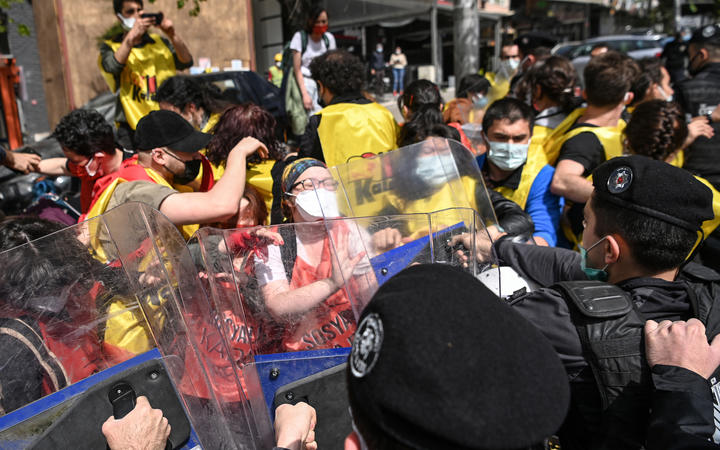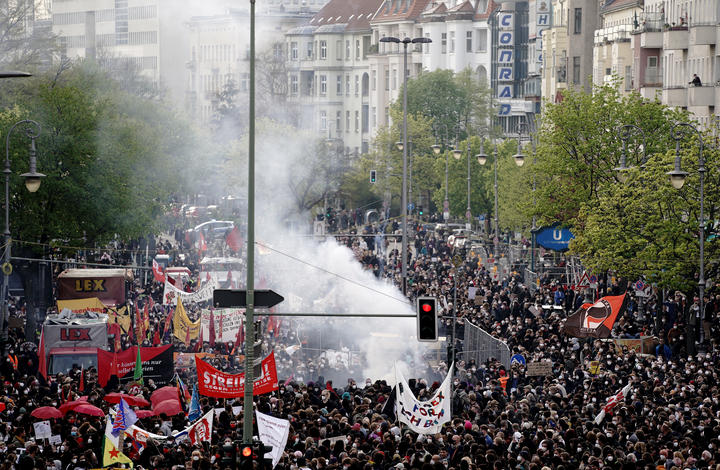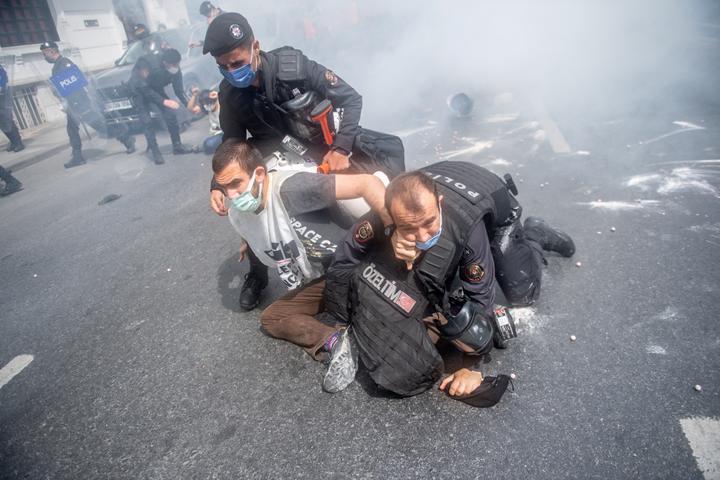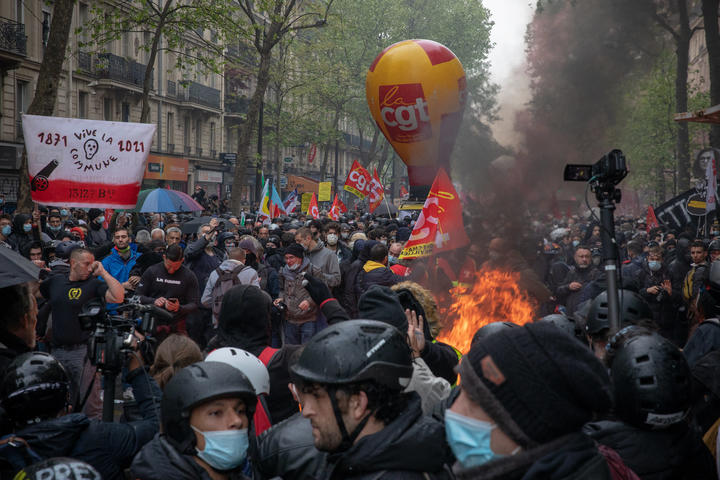Indian Point nuclear plant near NYC shuts down last reactor

The cooling towers of Indian Point nuclear power plant sit along the Hudson River on Friday. Entergy Corporation's Indian Point will shut down today after nearly 60 years of nuclear power generation at the site in New York state. Photo by John Angelillo/UPI | License Photo
April 30 (UPI) -- The Indian Point Energy Center, the closest nuclear power plant to New York City, closed down its last reactor Friday.
Owned by Entergy Nuclear Northeast, it was the state's largest source of carbon-free energy, according to Gizmodo. Though its shuttering will lead to an increase in greenhouse gas emissions in the near term, critics of the plant said it was dangerous for the area
In 2015, a failure in an electrical transformer in Unit 3 led to a fire and an oil spill in the Hudson River. The next year, Sen. Bernie Sanders, I-Vt., called for the plant to be closed after it leaked water contaminated with radioactive tritium into the surrounding soil.
"I am very concerned that the Indian Power nuclear power reactor is more than ever before a catastrophe waiting to happen," Sanders said at the time. "In my view, we cannot sit idly by and hope that the unthinkable will never happen. We must take action to shut this plant down in a safe and responsible way.
RELATED Japan, China face off over satirical painting criticizing Fukushima water release
"It makes no sense to me to continue to operate a decaying nuclear reactor within 25 miles of New York City where nearly 10 million people live."
The Indian Point nuclear plant generated electricity for Westchester County and New York City since it first opened in 1962.
Residents of Buchanan, N.Y., where the plant is located, and longtime workers of the plant gathered Friday to mark its closure, the Rockland/Westchester Journal News reported.
RELATED Kids of those exposed to Chernobyl nuclear disaster show no genetic damage
WCBS-TV in New York City reported that, pending approval from the state, the nuclear plant will be transferred to Holtec International in New Jersey for decommissioning.





